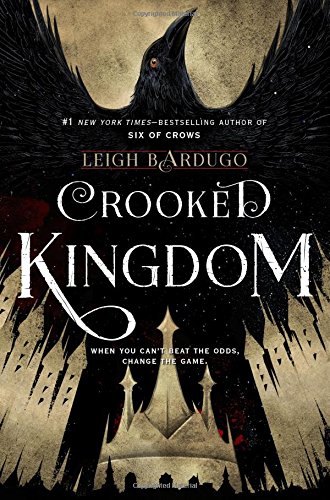Time and time again it has been drilled into our minds to avoid cliches while writing. They aren't necessarily considered bad writing, it is just that many of us consider them overdone and not particularly interesting to read. The following SEVEN stylistic tips exist in order to help all of us make our writing even a tad bit more interesting for the readers.
1. Synonyms
Sometimes, in order to drive a point home, you need to repeat yourself. However, sounding repetitive is one of the biggest NO's of writing. In order to prevent the readers from getting bored of reading the exact same thing over and over again, you can try and use synonyms. Repeat your thought but change the wording. Keep in mind though, do not overuse this tip. Otherwise, it will not save you.
Try replacing common words with their lesser-known counterparts or perhaps using word combinations.
2. Antonyms
You can get the same point across by using antonyms. Same way as the speed of something can be explained by being compared to something slower. Or the negative effects that something might have on people might be emphasized by pointing out the positive effects that something healthy can have on them.
This tip has its limitations but when used right it can prove to be really handy.
3. and 4. Wordplay and metaphors
Keep the reader interested by including plays-on-words. This tip, however, works better with titles than with long text. Metaphors on the other hand not only help you avoid repetition, they also allow you to engage the reader. Metaphors are distant cousins of inside jokes so they are great for keeping the reader engrossed in your writing.
5. Use epithets to attract the reader
While many of us use them naturally in our writing, some people forget that such an option exists. An epithet is a descriptive term used for people, places or things in a way that helps the reader understand the characteristics of the subject. Think of it as the simplest form of character development or exposition as they provide the reader with enough information to use their own imagination to fill in the blanks.
6. Comparison
Useful in a lot more situations than you might think. The comparison can help scientific terms become more understandable to a non-enlightened reader or it can make something abstract or made up seem more real. Especially while writing fiction. The point here is to describe something unknown while comparing it with something that is more common.
Examples:
- X was the size of two double-decker buses stacked on top of each other.
- Like a small dog, he was all bark and no bite.
7. Humor
Make the reader smile. Actually, makeing your reader feel anything is a victory in its own but positive emotions tend to have a stronger impact. You want them coming back for more. When you find something funny, it doesn't mean that everyone else will as well. So using humor in writing is a trial and error situation. Just keep testing the waters. If it doesn't work right away, something else down the line will.



